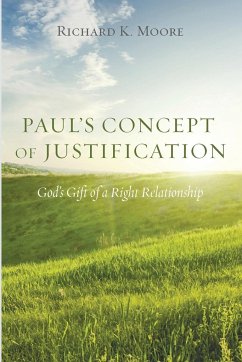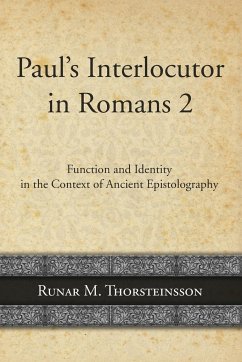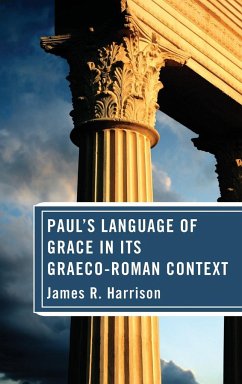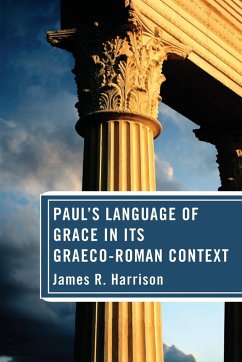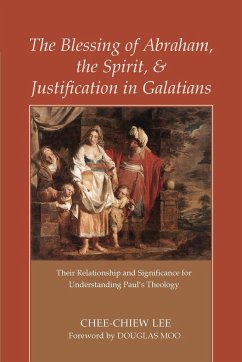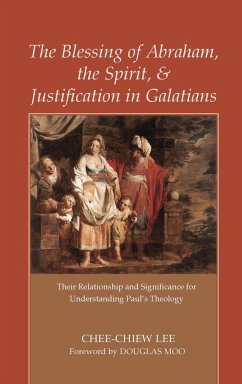The Greek family of words characterizing the doctrine of ""justification by faith"" (as it is known in English) is most prominent in the writings of the Apostle Paul. It was this doctrine that lay at the heart of the sixteenth-century Reformation; Martin Luther and his followers considered it to be at the very center of the gospel. Protestants came to understand ""justification"" differently from the Catholic Church they had left. Instead of the Catholic ""realist"" view, in which God makes a sinner righteous, they came to a ""forensic"" understanding, by which God, as judge, declares a sinner righteous. During the nineteenth century a third, ""relational"" view began to emerge: it viewed ""justification"" as God's gift of a right relationship to a sinner. This monograph examines Paul's concept from three perspectives: the New Testament data; the way the doctrine has developed historically; and how the doctrine has been expressed in English translations of the Scriptures. The author concludes that it is the relational view that most accurately depicts Paul's concept of ""justification.""
Hinweis: Dieser Artikel kann nur an eine deutsche Lieferadresse ausgeliefert werden.
Hinweis: Dieser Artikel kann nur an eine deutsche Lieferadresse ausgeliefert werden.


